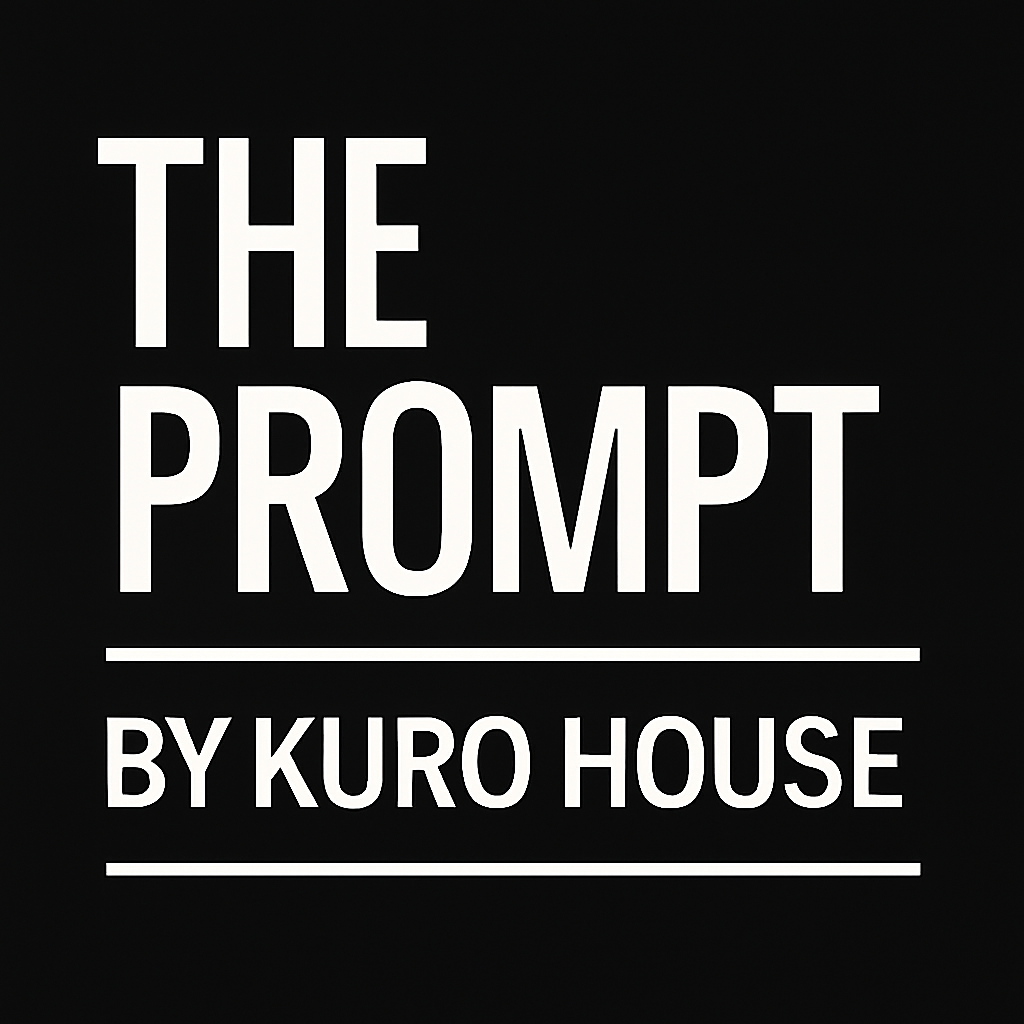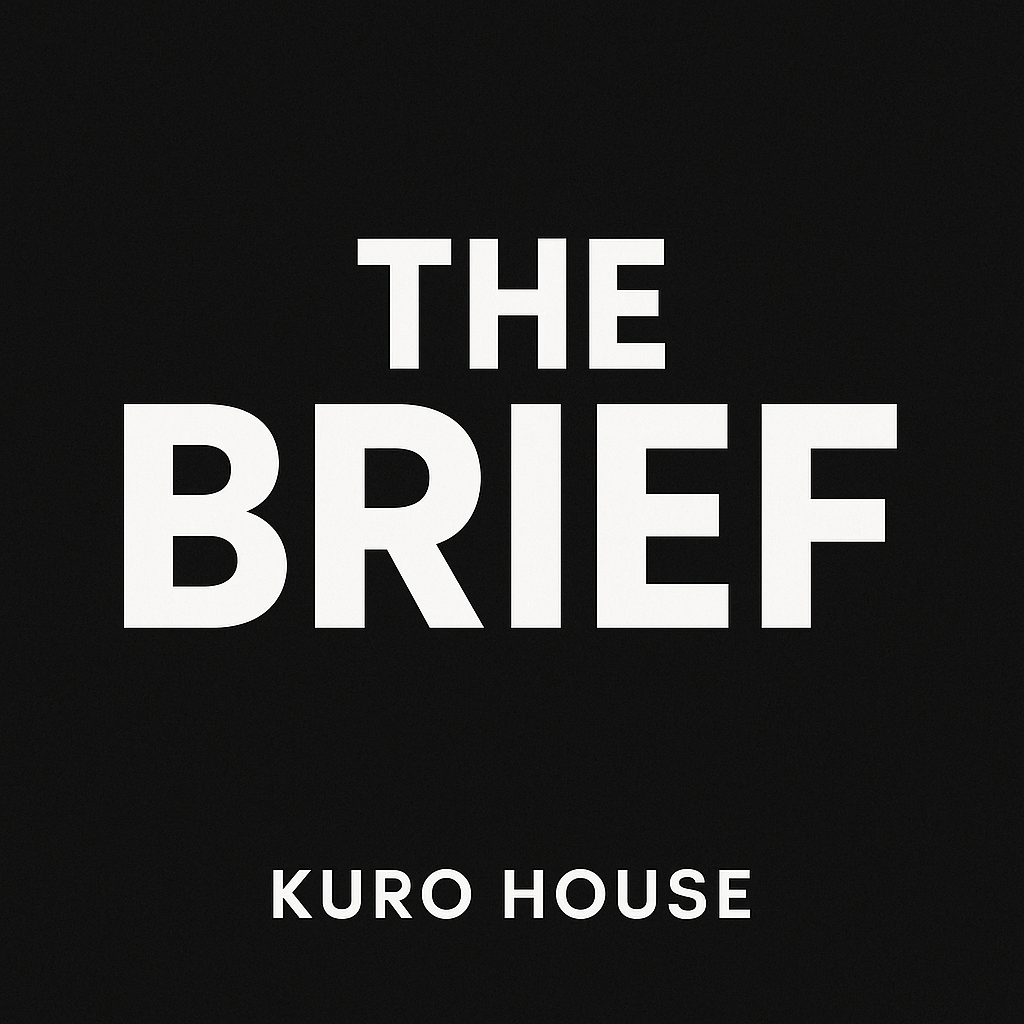Listen To The Show
Transcript
Welcome to The Prompt by Kuro House, your daily dose of AI news and insights. Today, we’re diving into some big moves in AI hardware, groundbreaking wearable tech, and startups shaking up market research and software development. Let’s get started.
Nvidia’s AI chips have hit a major roadblock in China. According to the Financial Times, Chinese tech giants like Alibaba and ByteDance are now banned from buying Nvidia’s latest RTX Pro 6000D AI chips, despite having placed large orders earlier this year. This ban comes from China’s Cyberspace Administration and reflects ongoing tensions between the US and China over technology exports. Nvidia’s CEO Jensen Huang expressed disappointment but acknowledged the bigger geopolitical issues at play. Meanwhile, China is ramping up its own chip manufacturing capabilities, aiming to reduce reliance on foreign AI hardware.
Meta just unveiled a slew of new wearable tech at its Connect 2025 event. The highlight? The Meta Ray-Ban Display glasses, packing a full-color screen in the right lens for messages, video calls, and more, controlled by a wristband. They offer six hours of mixed-use battery life, or up to 30 with the charging case, and will be available in the US starting September 30th for $799. Meta also launched the second-gen Ray-Ban smart glasses with double the battery life and 3K video capture, plus the Oakley Meta Vanguard designed for high-intensity sports with fitness app integrations. On the VR front, Meta introduced the Hyperscape feature to scan and digitize surroundings, and a new Horizon TV hub with streaming apps like Disney Plus and ESPN.
A startup called Keplar is using voice AI to revolutionize market research. Backed by Kleiner Perkins and featured on TechCrunch, Keplar’s platform conducts customer interviews via conversational AI, delivering insights faster and cheaper than traditional firms. Clients can set up studies in minutes, and the AI voice assistant reaches out to customers, asking probing questions and compiling results into reports and presentations. Keplar’s founders, with backgrounds at Google and machine learning, say their voice AI is so natural participants often forget they’re talking to a bot. Major customers include Clorox and Intercom, and the company is competing with other AI-driven market research firms like Outset and Listen Labs.
Meet Macroscope, an AI tool designed to help developers understand codebases and catch bugs. Launched by former Periscope and Twitter veterans, Macroscope uses AI to summarize code changes, detect bugs, and answer natural language questions about development progress. It integrates with GitHub, Slack, Linear, and JIRA, providing real-time insights that save engineers time and reduce unnecessary meetings. According to TechCrunch, Macroscope caught 5% more bugs than its closest competitor while generating 75% fewer review comments in benchmarks. The software costs $30 per active developer per month and is already used by startups and larger firms alike.
Nvidia CEO Jensen Huang is openly enthusiastic about Google’s Gemini AI image generator, especially a feature called Nano Banana. As reported by Wired, Huang praised Nano Banana’s ability to make precise edits while preserving image quality, contributing to a surge of 300 million images generated in early September. He also shared how he uses various AI tools daily: Gemini for technical tasks, Grok for artistic work, Perplexity for fast research, and ChatGPT for general use. Huang sees AI as a democratizing force, emphasizing that no one should be left behind as technology advances, comparing AI’s impact to electricity and the internet. He’s bullish on the UK’s AI potential and Nvidia’s recent $683 million investment in UK data centers to support this growth.
That wraps up today’s edition of The Prompt. From geopolitical chip bans to cutting-edge wearables and AI tools transforming research and development, the AI landscape keeps evolving fast. Stay curious, and we’ll catch you tomorrow with more updates.

